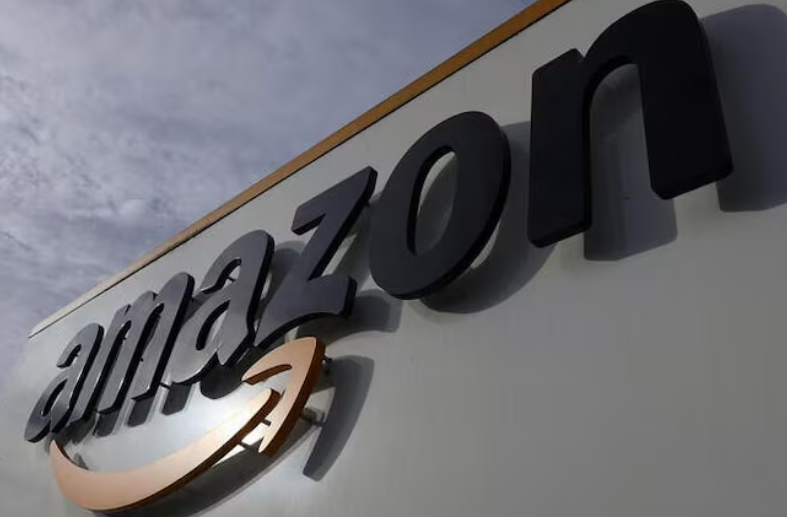Amazon Faces Lawsuit for Allegedly Excluding Zip Codes from Prime Delivery Services
Amazon now confronts a new class action lawsuit, accusing the company of excluding certain zip codes from its fast delivery services while still charging affected customers for Amazon Prime memberships. Filed by five Washington, D.C., residents, the lawsuit claims Amazon unfairly outsourced deliveries in these areas, leaving customers without the promised two-day shipping.
Amazon Adjusts Delivery Practices in Certain Areas
The plaintiffs allege that Amazon deliberately stopped using its branded Prime delivery trucks in historically underserved communities in 2022. Instead, the company began relying on third-party services like UPS and the U.S. Postal Service for deliveries in these neighborhoods. According to the lawsuit, Amazon implemented this policy change without notifying customers or adjusting their membership fees.
Amazon defends its decision, claiming it prioritized driver and cargo safety in affected zip codes. “We always provide transparency during the shopping and checkout process about delivery timelines,” Amazon stated, denying all allegations as “categorically false.”
Consumers Demand Accountability for Broken Promises
The lawsuit, led by attorney Jarrett Ellzey, seeks class-action status to represent over 10,000 customers nationwide. Ellzey argues Amazon cannot charge for expedited delivery services it knowingly fails to deliver. “Amazon can take steps to protect its drivers, but it has no right to deceive its customers,” he stated.
The suit also claims Prime members in two D.C. zip codes received promised two-day delivery only 24% of the time after Amazon changed its delivery strategy. Before the change, Amazon delivered within the two-day timeframe 72% of the time.
District Attorney General Takes Legal Action Against Amazon
Earlier this week, Washington, D.C., Attorney General Brian Schwalb filed a separate lawsuit against Amazon. Schwalb accused the company of violating local consumer protection laws by charging approximately 48,000 D.C. residents for services it failed to provide.
“Amazon charged thousands of D.C. residents for expedited delivery services they did not receive,” Schwalb said. Both lawsuits argue that Amazon’s practices deceive customers while breaching promises tied to its Prime subscription service.
The case, titled King v. Amazon (U.S. District Court for the Western District of Washington, No. 2:24-cv-02009), seeks financial damages and injunctive relief. If successful, the lawsuits could impact the policies governing Prime memberships and delivery services across the U.S.

